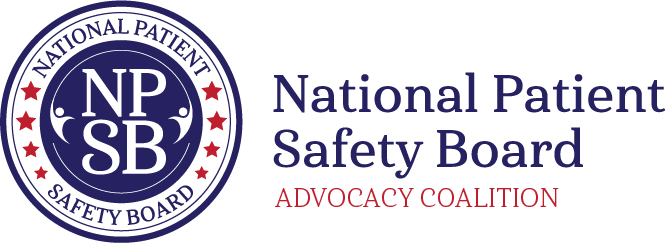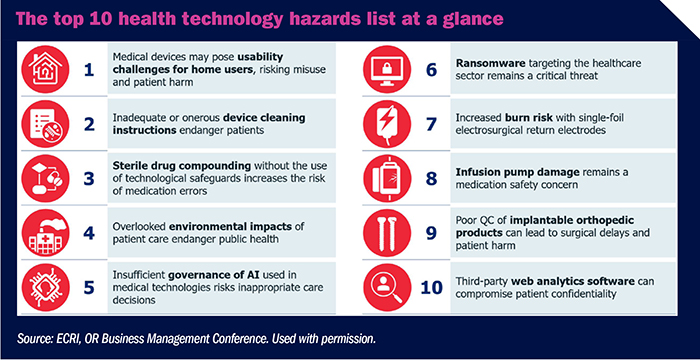 Law & Legislation
Law & Legislation
#PatientSafetyAwarenessWeek: Bipartisan National Patient Safety Board Act reintroduced to Congress

Editor's Note US Representatives from California and Texas reintroduced the National Patient Safety Board (NPSB) Act, which aims to establish a public-private research and development team “dedicated to preventing and reducing healthcare-related harms." The March 11 announcement comes during Patient Safety Awareness Week, an annual awareness initiative focusing on the…
Alabama immunity legislation shields IVF patients, providers

Editor's Note A new Alabama law provides civil and criminal immunity for providers and patients of in vitro fertilization (IVF) services, the Associated Press reported March 7. Last month, the Alabama Supreme Court effectively ruled that frozen embryos are people with a constitutional right to life, casting doubt on the…
Hot-button healthcare issues lead to “elevated” threat from domestic extremists

Editor's Note Divisive cultural issues such as abortion, gender-related care, and disagreements over the COVID-19 pandemic will "amplify the health care sector's visibility as a potential target for attack" by domestic extremists, according to a March 4 ABC News report on a confidential memo issued by the Department of Homeland…
Ransomware group targeting Change Healthcare receives $22m Bitcoin payment

Editor's Note BlackCat, the ransomware group responsible for the cyberattack on UnitedHealth Group’s Change Healthcare received a $22 million payment in bitcoins, according to a post the group made online. Reutors reported the news March 4. Change Healthcare provides payment and revenue cycle management tools and is owned by UnitedHealth, the…
Hospital hacking threats persist amid continued chaos of Change Healthcare cyberattack

Editor's Note The ransomware group behind a recent cyberattack on one of the nation’s largest health systems has its sights set on hospitals, the FBI and the Department of Health and Human Services (HHS) warned February 27. According to a report in Chief Healthcare Executive one day later, systems were…
Shift to outpatient, emergency services keeps rural hospitals afloat
Editor's Note More CEOs are considering rural emergency hospital (REH) designation, according to a February 12 article in Becker’s Hospital CFO Report. In January 2023, REH was established as a new Medicare provider type to enable struggling rural hospitals to continue operating with outpatient and emergency services only, instead of…
Editorial: Social media raises privacy, ethical concerns

After spending many years in management roles, I can testify to the truth of one old proverb: “The more things change, the more they stay the same.” Patient privacy is a prime example. Confusion on this topic seems just as rampant today as in the early 2000s, amid the widespread…
Unveiling ECRI’s 2024 top 10 health technology hazards list

What is the purpose of the top 10 health technology hazards list, released every year by ECRI? “Our number one goal at ECRI is to reduce preventable harm,” stresses Jason Launders, MSC, former director of operations, device evaluation, at ECRI. “We know that every healthcare provider has a lot they…
South Korea issues deadline, threatens prosecution for junior doctors amid surgery-stopping strike

Editor's Note A week after a walkout of junior doctors in South Korea halted about a third of surgeries at large hospitals in Seoul, the government is threatening prosecution and the revocation of medical licenses if the walkout doesn’t end by February 29. As reported by the Associated Press February…
Cyberattack disrupts systems at health technology giant Change Healthcare

Editor's Note Nationwide pharmacy delays and disrupted internal systems are among the effects of a February 21 cyberattack on Change Healthcare, one of the largest healthcare technology companies in the United States. Systems were immediately disconnected to protect partners and patients, the organization reports, and “all other systems across UnitedHealth…

 Free Daily News
Free Daily News